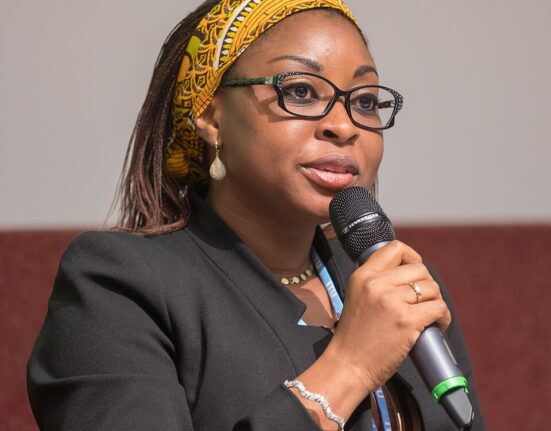LAGOS – In 2020, remote work was celebrated as the reinvention of the future. The pandemic forced millions of professionals to bring the office into their homes, and for many analysts, the model seemed destined to become permanent. But five years later, the reality is different: tech giants and companies across other sectors have rolled back, limiting or even eliminating remote positions.

AfricaHeadline Reports Team
editorial@africaheadline.com
For William Oliveira, CEO of TIS Angola, the initial euphoria did not survive the test of time. Speaking at a lecture in Luanda, Oliveira recalled: “The world believed in a reinvented future, where flexibility promised productivity gains and a new way of working. But practice exposed the weaknesses of the model.”
According to the executive, the reasons for this reversal are many. Companies struggled to measure performance, experienced a loss of organizational culture, accumulated communication breakdowns, and exposed the shortcomings of self-management among many workers.
Trust was further undermined by cases of employees attempting to juggle multiple jobs simultaneously, a phenomenon that became more visible with accelerated digitalization.
“It wasn’t just resistance to change,” Oliveira explained. “These were concrete obstacles that showed large-scale remote work was not ready to sustain itself.”
Across Africa, the challenges are even more acute. Oliveira noted that fragile digital infrastructure makes it difficult to consolidate remote work as a viable mainstream model. “In countries like Angola, there has been notable progress in digitalization, but the reality is that in many sectors, in-person work remains indispensable,” he stressed.

Even so, the TIS Angola CEO argues that remote work should not be seen as a complete failure. Instead, he envisions a hybrid future:
“Companies need to find a balance between the flexibility of remote work and the cultural cohesion of in-person work. Only then can they turn the experience into real productivity.”
The question that remains is whether organizations are prepared to invest in more balanced models. According to Oliveira, those that manage to align technological innovation, organizational discipline, and transparency will gain a competitive edge.
“It’s not about abandoning remote work, but rather integrating it into productive ecosystems that reflect our cultural and technological realities,” he concluded.








